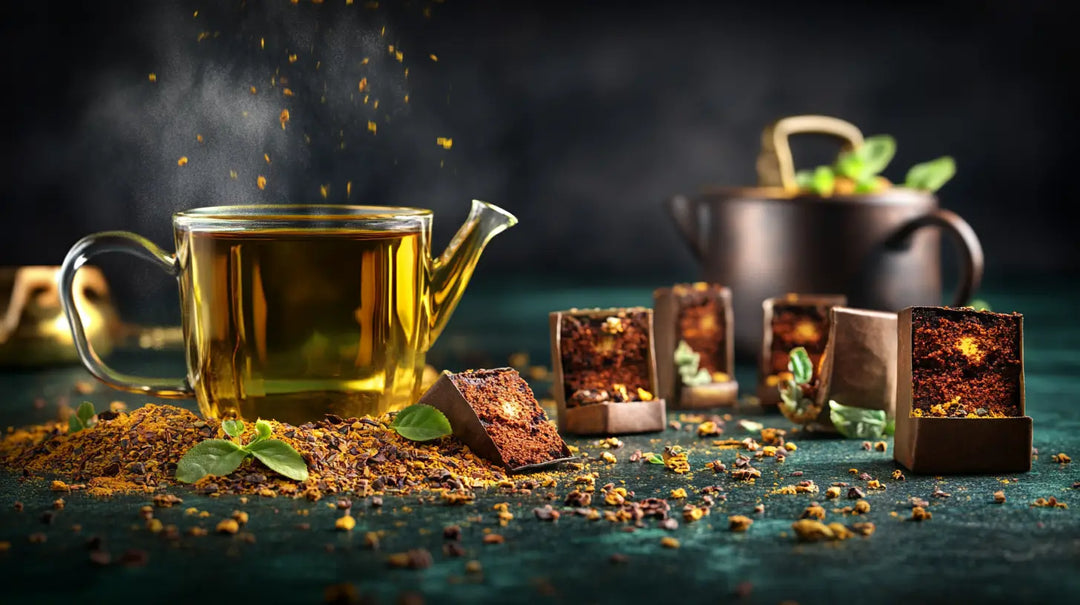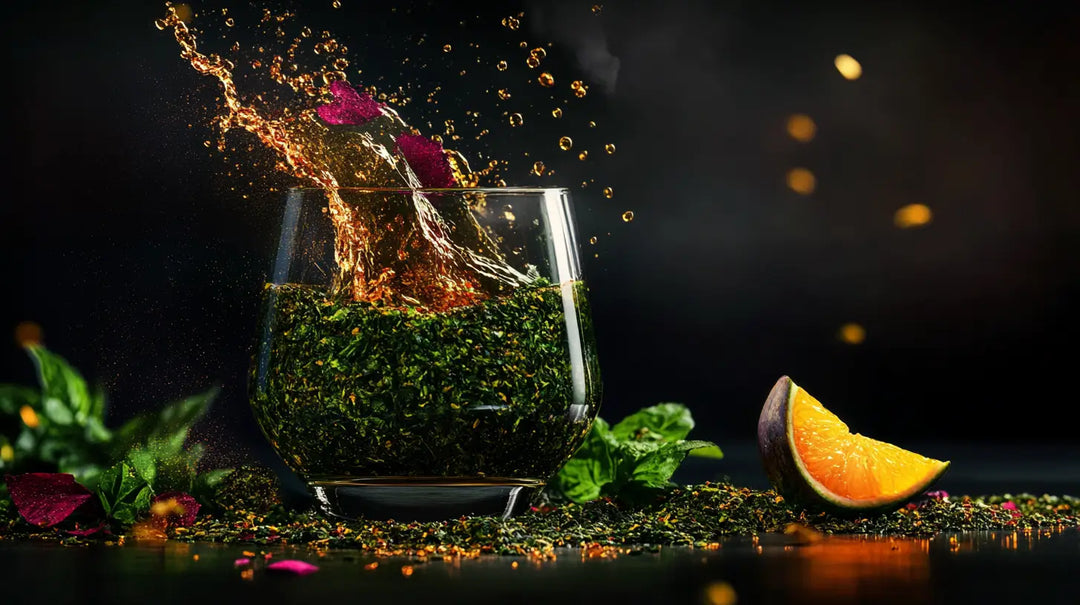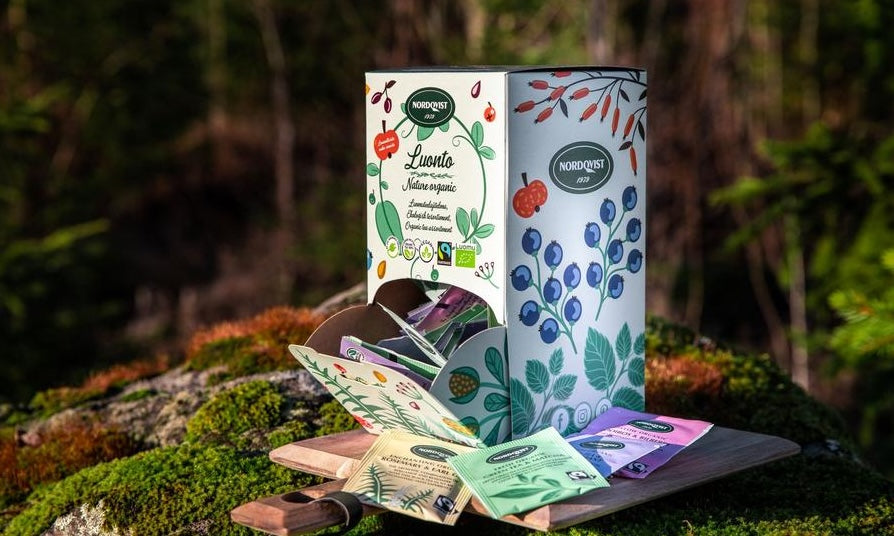Green Tea vs. Herbal Tea: What’s the Difference?
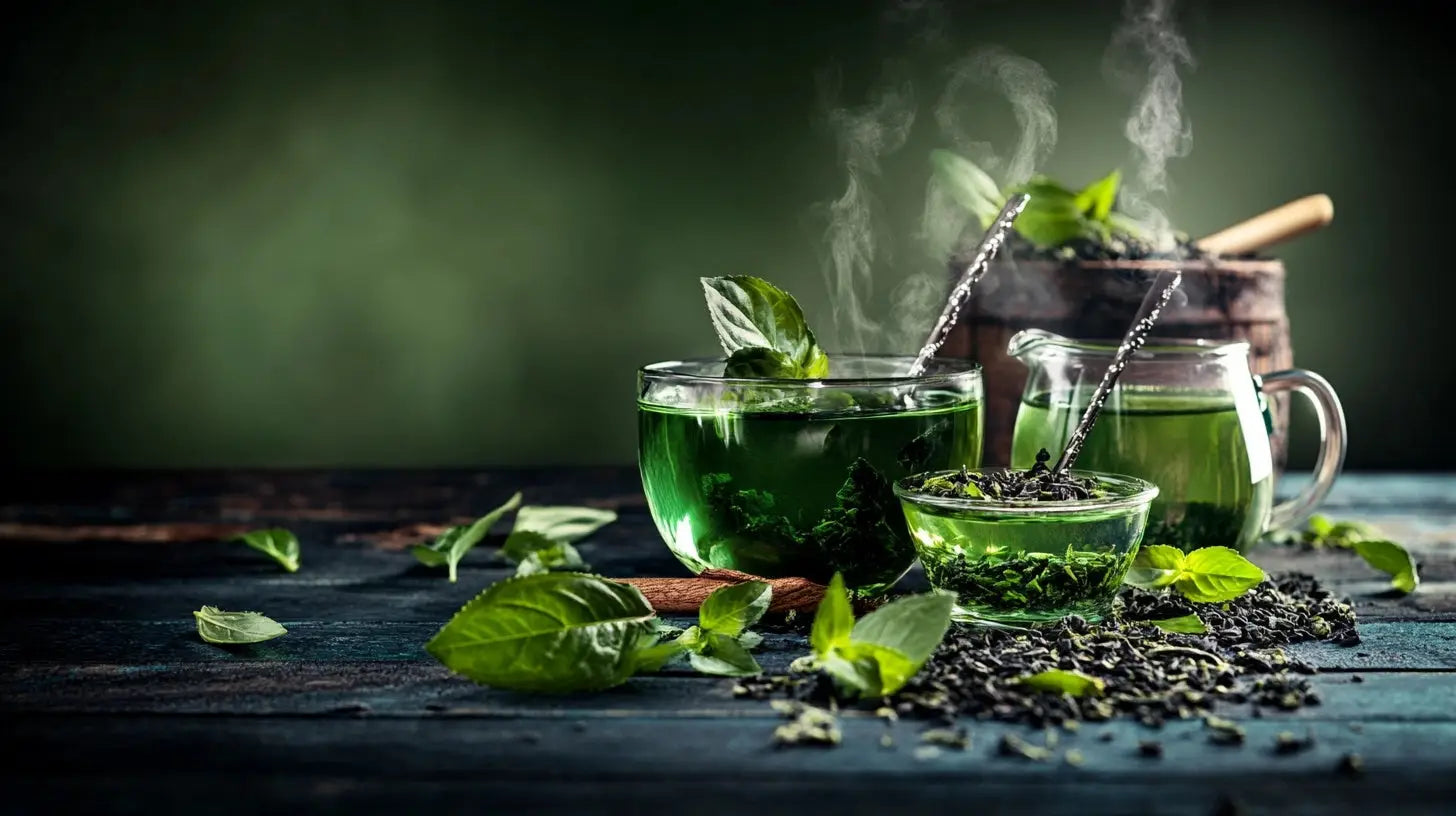
Tea is more than just a beverage, it's a cultural phenomenon, a health drink, and a moment of personal relaxation. But when it comes to green tea and herbal tea, many people are confused about their differences, benefits, and which might be the better choice. Let's dive deep into the world of these two popular tea varieties.
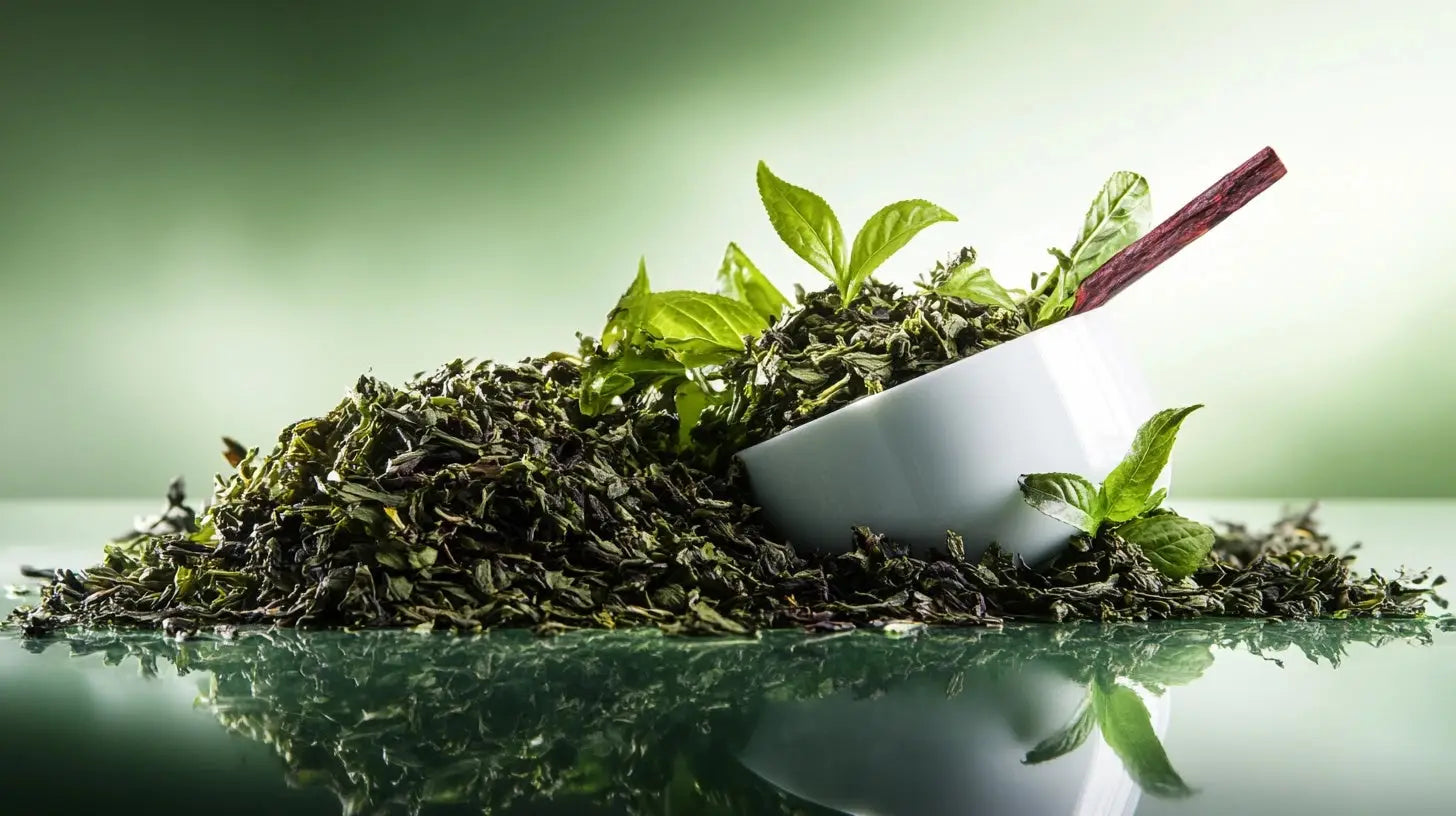
What is Green Tea?
Green tea is a true tea made from the Camellia sinensis plant, the same source as black, white, and oolong teas. What sets green tea apart is its minimal oxidation process. After harvesting, the tea leaves are quickly heated to prevent oxidation, which helps preserve their natural green color and unique nutritional profile.
Key Characteristics of Green Tea
- Originated in China and Japan
- Contains caffeine
- Rich in antioxidants called catechins
- Typically has a grassy, slightly vegetal flavor
- Ranges in color from light green to golden-green

What is Herbal Tea?
Herbal tea, also known as tisane, is not a true tea at all. Unlike green tea, herbal teas are made by infusing various herbs, flowers, roots, spices, or fruits in hot water. They are naturally caffeine-free and offer a wide range of flavors and potential health benefits.
Key Characteristics of Herbal Tea
- Made from a variety of plant materials
- Caffeine-free (with rare exceptions)
- Diverse flavor profiles
- Can be enjoyed hot or cold
- Includes popular varieties like chamomile, peppermint, and rooibos
Nutritional Differences
Green Tea Nutrition
- High in polyphenols, especially EGCG (epigallocatechin gallate)
- Contains moderate caffeine (25-35 mg per cup)
- Supports metabolism and weight management
- May improve brain function
- Potential cancer-fighting properties
Herbal Tea Nutrition
- Nutrition varies widely depending on ingredients
- Zero to minimal caffeine
- Often rich in specific vitamins and minerals
- Can support immune system, digestion, and relaxation
- Each herb brings unique health benefits
Health Benefits Comparison
Green Tea Benefits
- Boosts metabolism
- Enhances brain function
- Supports heart health
- May lower risk of certain cancers
- Supports weight loss
Herbal Tea Benefits
- Aids digestion
- Reduces stress and promotes relaxation
- Supports immune system
- Helps with sleep (e.g., chamomile)
- Provides hydration with zero calories
Taste and Preparation
Green Tea
- Delicate, sometimes astringent flavor
- Best brewed at lower temperatures (160-180°F)
- Steeping time: 1-3 minutes
- Can become bitter if over-brewed
Herbal Tea
- Flavor depends entirely on ingredients
- Usually brewed with boiling water
- Steeping time: 5-7 minutes
- Generally more forgiving in preparation
Which One is Better?
The answer depends on your personal health goals and taste preferences:
-
Choose Green Tea if you want
- Caffeine boost
- Metabolism support
- Antioxidant benefits
- Weight management assistance
-
Choose Herbal Tea if you want
- Caffeine-free option
- Specific health benefits
- Relaxation
- Variety of flavors
Whether you're a green tea enthusiast or an herbal tea lover, both beverages offer remarkable health benefits. The key is to explore, experiment, and find what works best for your body and taste buds.




